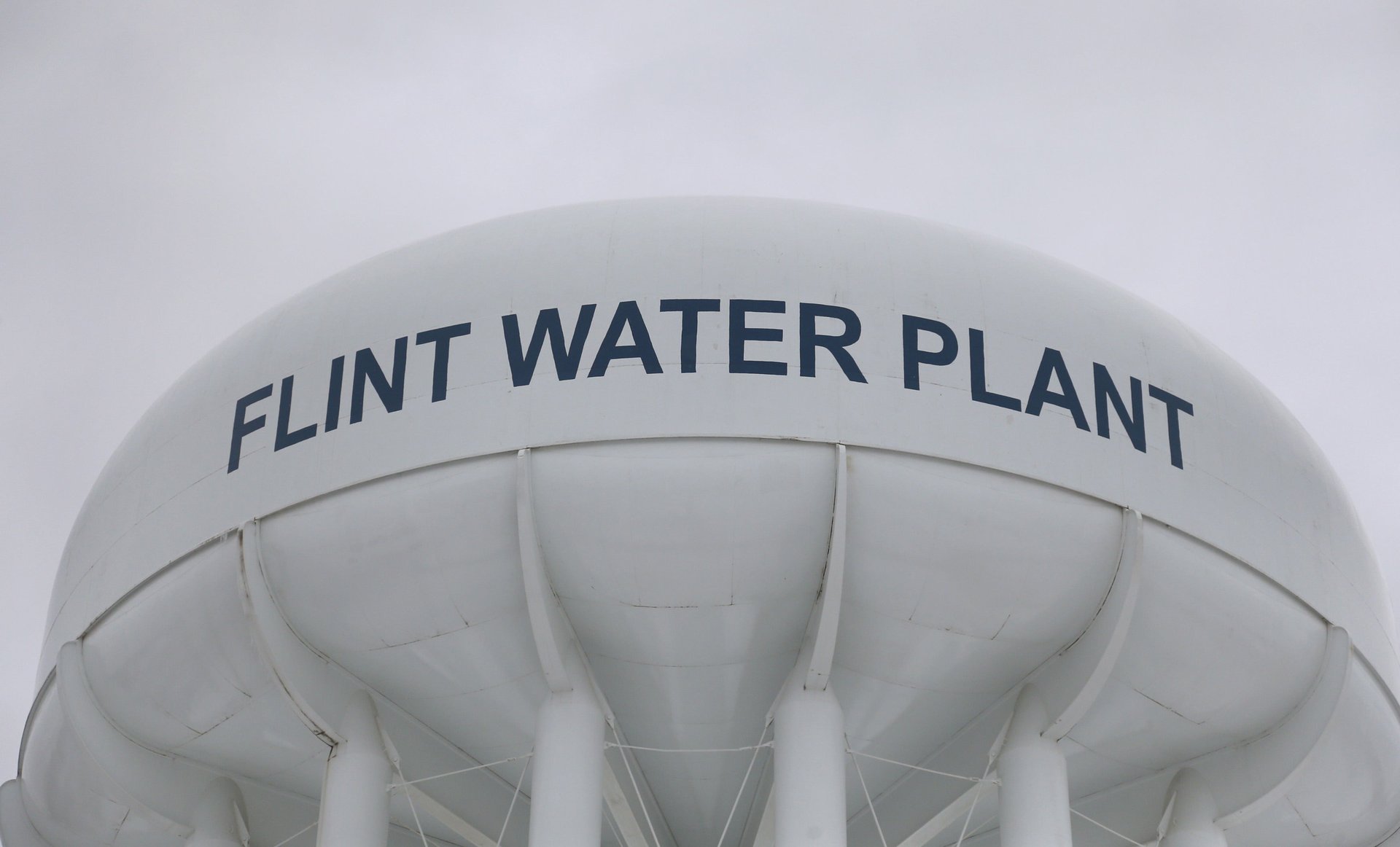Flint’s undocumented immigrants are having trouble accessing clean water
Many people have declared that the Flint water crisis is rooted in environmental racism. The aftermath of the crisis has also shed light on the unexpected ways in which immigration issues in the US punish Latino communities.


Many people have declared that the Flint water crisis is rooted in environmental racism. The aftermath of the crisis has also shed light on the unexpected ways in which immigration issues in the US punish Latino communities.
Fear and language barriers have made Latino immigrants in Flint among the hardest-hit of the city’s population. Given the recent raids across the US aimed at detaining and deporting undocumented immigrants, it’s no surprise that some of the estimated 1,000 Latino immigrants in Flint would not open their doors to National Guard troops bringing bottled water.
Nor do Latino immigrants have easy access to clean water if they leave their homes. Weeks ago, troops began giving out water and filters at Flint fire stations. Officials asked for identification—and turned away immigrants who didn’t provide one.
State officials said this requirement was simply meant to track where the water and filters were going. But undocumented immigrants in Flint are not eligible to obtain a driver’s license or state IDs, nor do they have social security cards.
Government officials have since said they will not deny people who lack ID clean water or filters. However, not all locations distributing water appear to be upholding this revised policy.
Language barriers have also prevented Latino immigrants from receiving earlier alerts about the crisis. Initially, official warnings to stop drinking and using Flint’s tap water were written in English. Therefore Spanish-speaking immigrants who were unaware of the warnings continued to use the contaminated water. Area churches and organizations such as the Michigan Immigrant Rights Center and the Genesee County Hispanic Latino Collaborative subsequently tried to inform immigrants about the polluted water and urged them to stop using tap.
But nonprofits and churches should not bear sole responsibility for the safety of undocumented immigrants. Michigan officials must remedy these issues by taking immediate action.
They can start by translating all press releases, notices, flyers and other messages into Spanish and distributing them throughout immigrant neighborhoods and organizations. They also need to ensure that supply centers do not ask for identification, and get the word out to immigrants that they are not putting themselves at risk if they seek assistance. That applies as much to the need for water and filters now as to the inevitable health screenings and other forms of support that will be required in the months and years to come.
It is the government’s responsibility to treat all residents humanely. Michigan’s failure to do so is what led to this tragedy in the first place.